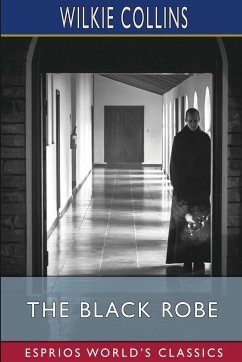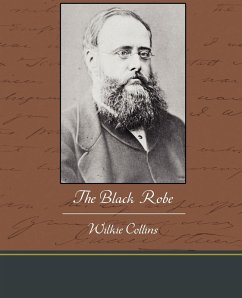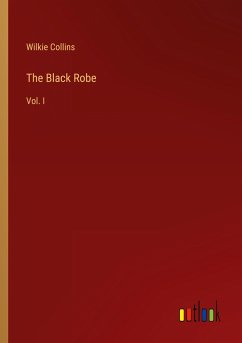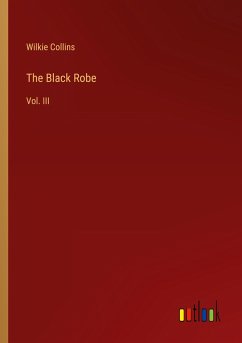The Black Robe is an 1881 epistolary novel by famed English writer, Wilkie Collins. The book relates the misadventures of Lewis Romayne, and is also noted for a perceived anti-Catholic bias. As the story begins, Romayne and his friend, Major Hynd, are in Boulogne to visit Romayne's aunt, who is dying. While there, Romayne attends a card game, where he has an argument with a corrupt card sharp, the General, who challenges him to a duel. However, the general doesn't turn up himself but nominates his son, an accurate shot, who should win the duel. Romayne absolutely does not want to fight but is goaded into doing so.
Hinweis: Dieser Artikel kann nur an eine deutsche Lieferadresse ausgeliefert werden.
Hinweis: Dieser Artikel kann nur an eine deutsche Lieferadresse ausgeliefert werden.








